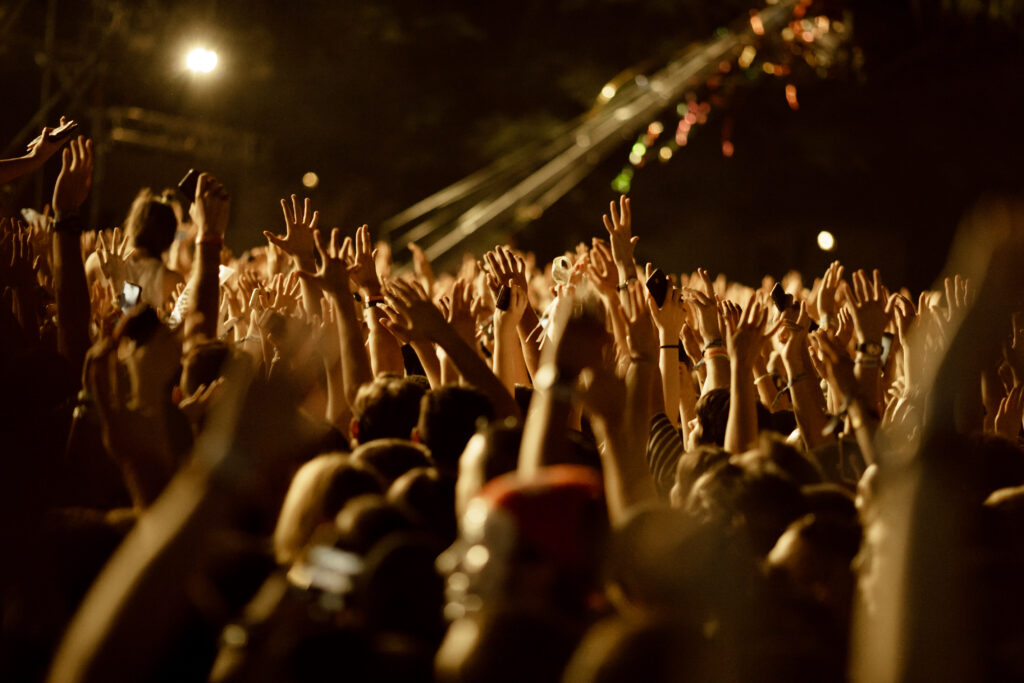The end of the Covid-19 pandemic and the easing of mobility restrictions in various countries have revived the music concert industry. In Indonesia, the revival was marked by the phenomenon of a ‘ticket war’ during Coldplay’s concert in 2023, where more than 1.7 million people competed for just over 70,000 tickets. However, there are still issues hindering the development of the performing arts subsector of the creative economy, particularly in music, ranging from the ineffective ticket sales system with numerous scalpers, which often leads to cases of fraud, to the difficulty and cost of permits, inadequate infrastructure to support concert events, and opposition from some segments of society due to certain values.
In contrast to Indonesia, Singapore sees opportunities from organizing music concerts to create multiplier effects for its economy. Singapore has become a hub for top-tier music performances by world artists in Southeast Asia, including U2, Blackpink, Coldplay, and Ed Sheeran. In the case of Coldplay, Singapore successfully hosted a 6-day concert. In the case of Taylor Swift, Singapore secured an exclusive contract to be the sole organizer in Southeast Asia and held a 6-day concert, providing a per-concert allowance of 2 – 3 million USD (equivalent to Rp31.3 billion to Rp46.9 billion). These world-class concert events aim to increase foreign exchange earnings, boost tourism activities, which in turn revive several other related economic sectors such as hospitality, retail, F&B, transportation services, and more.
The March 2024 edition of the Trade and Industry Brief provides a special report to assess the economic benefits of these high-cost music concerts. Specifically, this edition compares the economic impact created by Coldplay’s concerts in Singapore and Indonesia. It also discusses the economic analysis of Singapore’s efforts to pay for the exclusive rights to Taylor Swift’s concert in Southeast Asia.
Read more through the link below:





Rapat Dewan Gubernur BI, Juli 2025 – Seri Analisis Makroekonomi
Juli 16, 2025